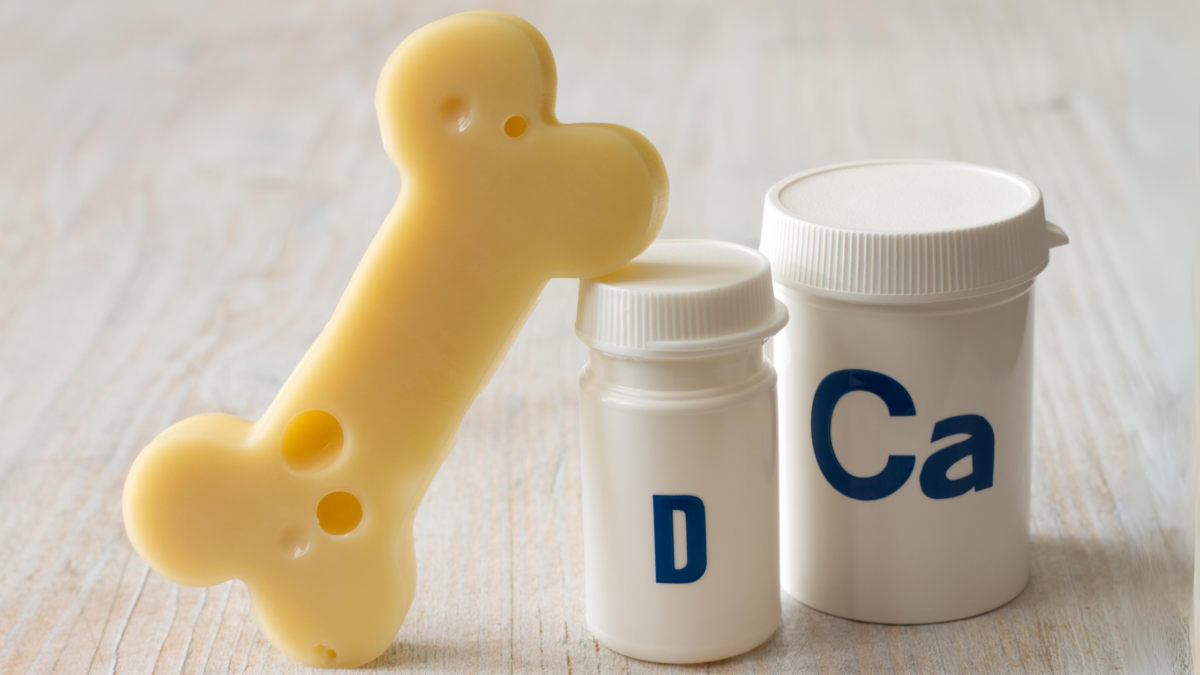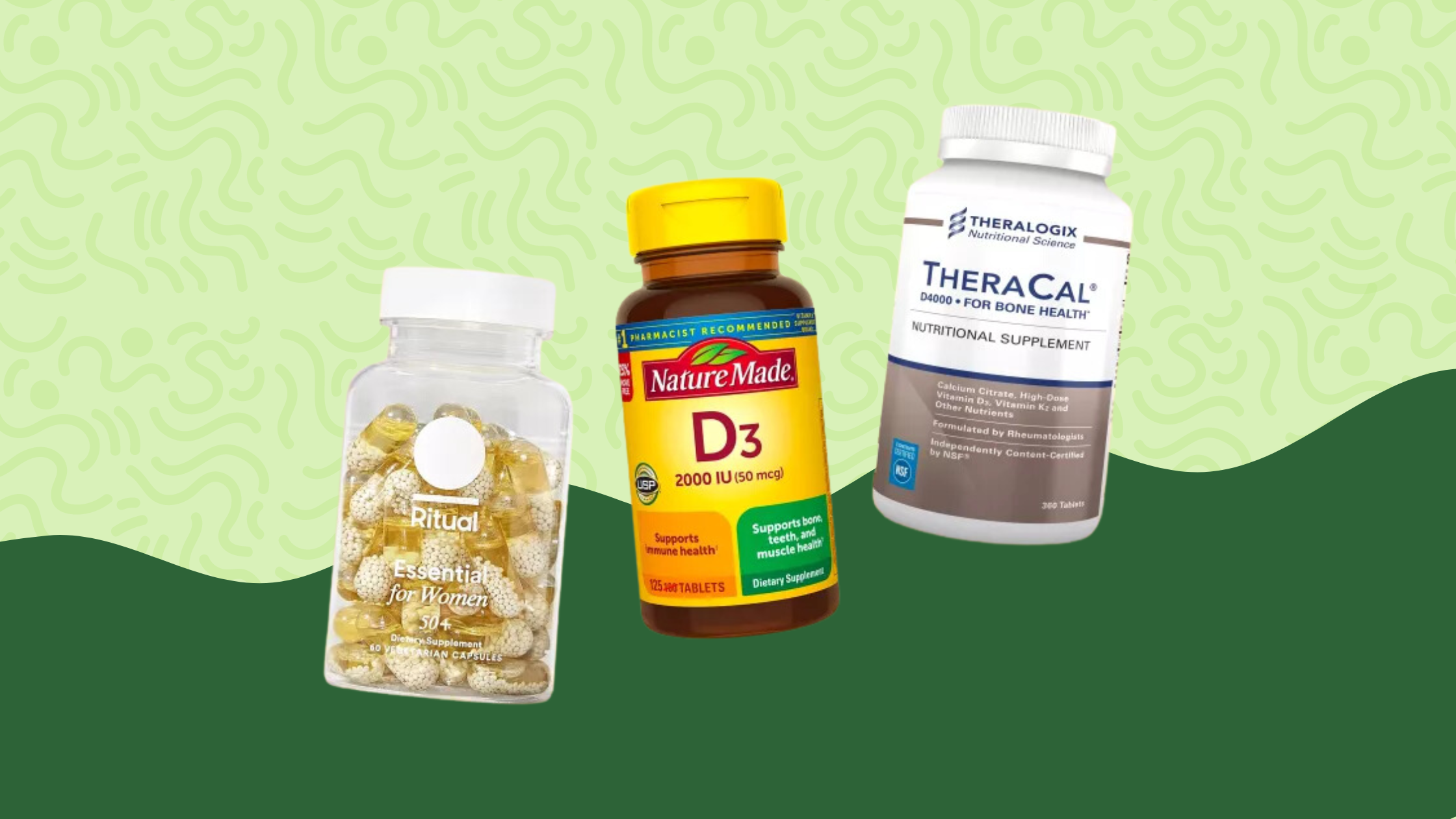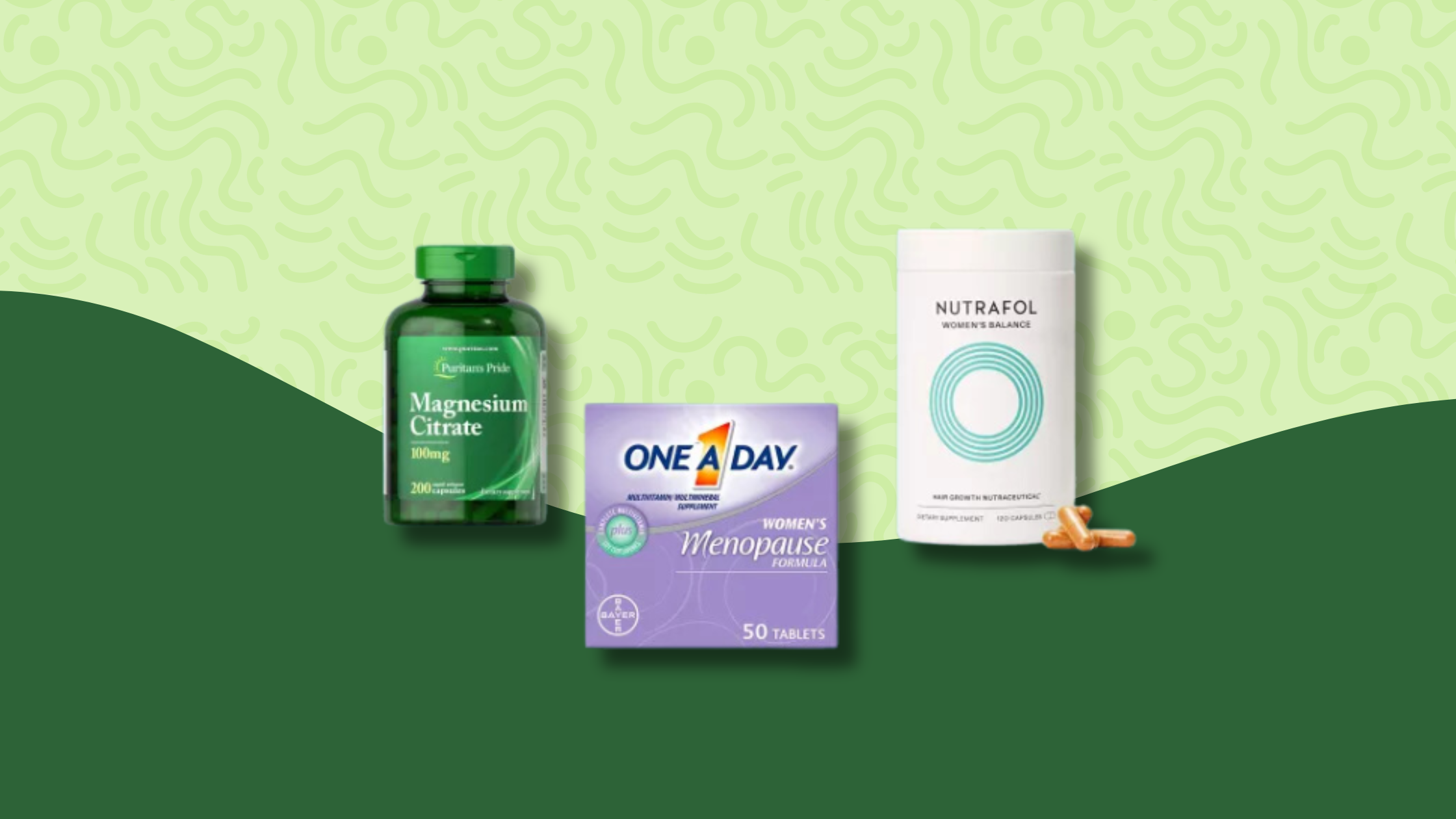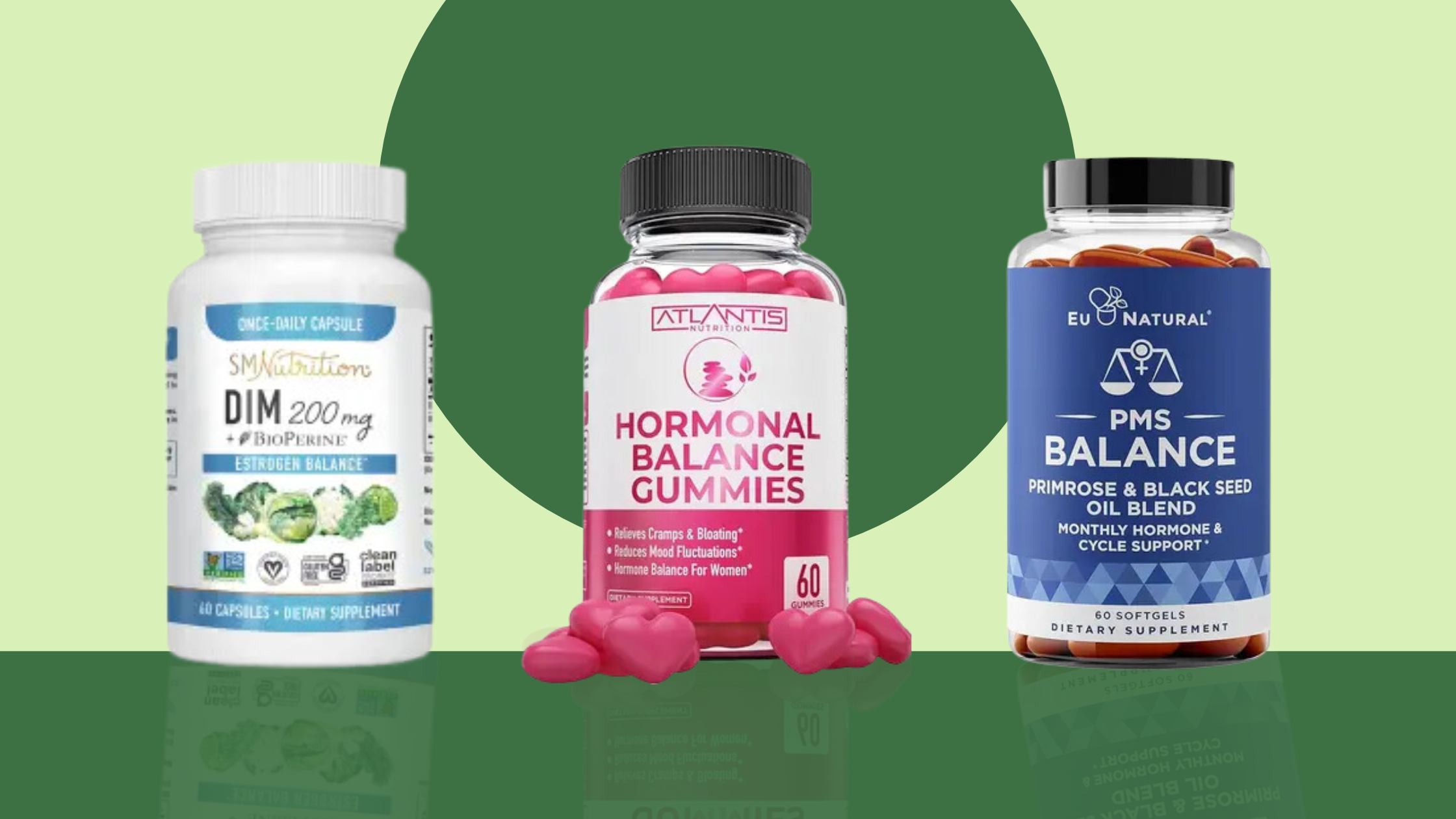15 Tips To Keep Bones Healthy For Women

Medically Reviewed By Margaret Etudo, BPharm. Written By The Vitamins For Woman Team.
Understanding your diet, physical activities and other lifestyle factors can help improve your bone mass.
Table of Contents
Your body uses bones for various reasons, including storing calcium, protecting vital organs, and giving the body structure. While there are tips to keep bones healthy, it could appear harder to gain more substantial bone mass as an adult.
Thankfully, some dietary and lifestyle choices can help you build and maintain strong bones as you age. These tips also try to prevent the development of brittle bones that are prone to breaking, as well as increase bone mass.
In this article, we will be looking at 15 bone health tips you can incorporate as a woman.

Why Should You Take Your Bones Seriously?
As you become an adult between ages 30 and above, your bones will change—breaking old bones and producing new ones. When your body quickly makes new bones, it may increase body mass, and bone remodeling may continue. However, you may lose slightly more bone mass than you gain.
The possibility of developing osteoporosis, a condition that weakens bones and causes them to break easily, depends on how much bone mass you gain. The higher your peak bone mass, the more bone you have in your body, and the less chances you have to develop a weak and brittle bone.
What Are Some Tips To Keep Bones Healthy?
There are some easy tips to keep bones healthy and prevent bone loss, and they include:
Eat lots of vegetables
Because vegetables have vitamin C, which promotes the growth of new bone-forming cells, they are excellent natural nutrition providers for your bones. According to studies, vitamin C is a naturally occurring antioxidant that may shield bone cells from harm and stop bone deterioration.
It is also known that vegetables improve mineral density and bone mass. You can determine the amount of calcium and other minerals in your bones using bone density. It is also easy to link a person with low bone mass or brittle bones to low bone density.
You may maintain your bone mass and increase your mineral levels as a young adult by eating more green and yellow veggies. Older women can also benefit from eating vegetables. According to a study, women over 50 who eat onions are less likely to develop osteoporosis than those who don’t.
Include physical activity in your daily routine
Walking, running, and climbing stairs are physical activities that can increase bone mass and slow bone loss. Weight-bearing exercises are also known to encourage the body’s synthesis of new bone. Research on children, particularly those with type 1 diabetes, indicates that this kind of activity increases bone mass by the time the child reaches 40 years old.
Not only is strength training essential for building bone mass, but it may also aid younger and older women avoid losing bone. Women who have breast cancer, osteoporosis, or osteopenia can also benefit from this activity.
Consume enough protein
One of the significant nutrients you can find in the best diet for bone health is protein. According to research, one can link low protein levels to altered bone production and breakdown, as well as decreased absorption of calcium.
It’s also said that high-protein diets remove calcium from bones to balance acidic blood pH. Nonetheless, evidence indicates that higher protein diets improve bone density in older women. Furthermore, during weight loss, meals high in protein calories may increase bone mass.
Get plenty of Vitamin D and K
It’s no surprise that Vitamin D and vitamin K are essential nutrients in building strong bones.
Vitamin D plays a role in helping your body absorb calcium.
A professional will always state the need for calcium in your blood to prevent osteopenia, osteoporosis, and other bone diseases. According to studies, children and adults with low vitamin D levels have lower bone density and are more at risk for bone loss than people who get enough.
On the other hand, vitamin K2 promotes bone health by altering osteocalcin, a protein that helps bone production. Osteocalcin may now attach to minerals in bones and aid in halting calcium loss from those bones, thanks to this change.
Avoid very low-calorie diets
Because vegetables have vitamin C, which promotes the growth of new bone-forming cells, they are excellent natural nutrition providers for your bones. According to studies, vitamin C is a naturally occurring antioxidant that may shield bone cells from harm and stop bone deterioration.
It is also known that vegetables improve mineral density and bone mass. You can determine the amount of calcium and other minerals in your bones using bone density. It is also easy to link a person with low bone mass or brittle bones to low bone density.
You may maintain your bone mass and increase your mineral levels as a young adult by eating more green and yellow veggies. Older women can also benefit from eating vegetables. According to a study, women over 50 who eat onions are less likely to develop osteoporosis than those who don’t.
Be cautious with certain medications
In addition to adhering to your doctor’s advice on diet and exercise, you should be aware that some drugs are suitable for your bones while others may have adverse effects.
Some medications used to treat common health issues like depression or heartburn may have side effects on your bone health. Please consult your doctor to weigh the benefits of the drugs and their effects on the bones.
Practice good posture
Practicing a good posture helps your vital body parts, like your muscles, tendons, and ligaments, to function well.
All body bones, including the spine, shoulders, hips, and legs, can receive the proper support when these parts function properly. Your bones are less likely to weaken or break down over time when they are adequately maintained.
Include foods high in magnesium and zinc
Minerals that play a significant role in bone health include magnesium and zinc.
Magnesium helps to transform vitamin D into an active form that facilitates calcium absorption. While most meals contain little quantities of magnesium, there are a select few excellent food sources. It may be beneficial to take magnesium carbonate, citrate, or glycinate supplements.
Zinc, on the other hand, is required in small quantities. It improves the formation of new bone-building cells and prevents bone weakness. Food sources of zinc include beef, shrimp, oysters, spinach, pumpkin seeds, and flax seeds.
Consume foods high in omega-3 fats
The benefits of omega-3 fatty acids include reducing inflammation in the body. Additionally, it has proven to guard against bone loss as we age. It is also crucial to ensure that the ratio of omega-3 to omega-6 fats in your diet isn’t too high when incorporating omega-3 fats.
According to a study, over 1,500 adults between ages 45–90 who consumed a higher ratio of omega-6 to omega-3 fatty acids have lower bone density than people with a lower ratio of the two fats.
Eat foods rich in magnesium
One of the best things for bone health is to eat food or take supplements rich in magnesium. This mineral is crucial for protecting against bone loss in your body.
It is known that 50–60% of magnesium is present in the bones in your body. A recent review shows high magnesium intake can increase bone mineral density in the hip and femoral neck, which can easily break.
Avoid smoking
There are several reasons you need to avoid smoking if you want to increase bone mass. Smoking reduces the body’s ability to absorb calcium, essential for healthy bones and other cellular processes.
It also affects the hormone balance of estrogen, which is necessary for both men and women to develop and maintain bone health.
Avoid heavy drinking
Drinking too much alcohol may affect the body’s ability to absorb calcium and vitamin D. Your body requires calcium to produce new bone-forming cells, and vitamin D facilitates calcium absorption.
Alcohol may obstruct your body’s capacity to absorb these nutrients, which may have side effects on the health of your bones.
Avoid excessive sodium
An increase in calcium excretion due to a high sodium diet may result in a decrease in bone mineral density. However, a few studies indicate that menopausal women’s bone health appears to be unaffected by salt consumption.
Numerous studies have indicated that consuming less sodium is a strong predictor of osteoporosis in its early stages.
Stay hydrated
When it comes to strengthening your bones, you cannot do without water. You need water to transport minerals and allow cells to function well. Without hydration, you may experience bone loss and eventually osteoporosis.
Moreover, water helps to remove toxins from the body of toxins, as they can build up in the bones, causing inflammation and a breakdown in bone mass.
Consider hormone therapy
Indeed, there aren’t many studies comparing hormone therapy with other osteoporosis drug treatments. However, medical professionals agree that HRT can reduce the risk of breakdown in bones to a certain level.
HRT can increase estrogen levels in women, which helps to prevent bone loss. If you have weak bones or have a high risk of breaking bones, this therapy can strengthen your bones and cause fewer bone fractures in your body.
When to See a Doctor
See your doctor if you are experiencing bone issues or if you have questions regarding the risk factors for osteoporosis. A qualified medical professional will likely advise a bone density test.
Additionally, your doctor can assess your bone density and loss rate using the test findings. You can use this information to evaluate your risk factors, and your doctor can use it to determine whether you need to take medicine to stop bone loss.
Weak bones or osteoporosis may also run in the family. So ensure you inform your doctor if you have a close family member with bone conditions.
Frequently Asked Questions
There is no exact treatment for weak bones and muscles, but you can manage its symptoms with drugs, lifestyle changes, and the best diet for bone health. Depending on your age, sex, and medical history, your doctor will recommend the perfect treatment.
A lot of factors can affect bone health. These factors include age, sex, physical activity, calcium level in diet, family history, hormone levels, and certain medications.
You may naturally build healthy bones and strengthen them in various ways. It may range from eating diets high in vegetables to exercising to build stronger bones.
Final Thoughts For You
Whether young or older, maintaining the best natural bone health is important. Bone growth is essential at every stage of your life. Sadly, many people overlook its importance because weak bone symptoms usually don’t appear until there is bone loss.
With the nutrition and lifestyle tips we have made available, you can build and maintain strong bones. So, whether you are at a young or older age, maintaining natural bone health growth is possible.
Most importantly, it’s never too early or late to start now.
- Lauritzen J.B. Hip fractures: Incidence, risk factors, energy absorption, and prevention. Bone. 1996;18:65S–75S.
- Reginster J.-Y., Burlet N. Osteoporosis: A still increasing prevalence. Bone. 2006;38:S4–S9. Doi: 10.1016/j.bone.2005.11.024.
- Marini JC, et al. Components of the collagen prolyl 3-hydroxylation complex are crucial for normal bone development. Cell cycle. 2007;6(14):1675–1681.
- Cauley J.A. Public health impact of osteoporosis. J Gerontol A Biol Sci Med Sci. 2013;68(10):1243–1251.
- Karsenty G, Ferron M. The contribution of bone to whole-organism physiology. Nature. 2012;481:314–320.
- Jensen LB, et al. Bone loss accompanying voluntary weight loss in obese humans. J Bone Miner Res. 1994;9(4):459–463.

medically reviewed by margaret etudo, BPharm. written by the vitamins for woman team.





Great reminder about the importance of Vitamin D and K for bone health. Been making sure to catch some sun every day. Good stuff, Vitamins For Woman.
Hey TerryG, any tips on the best time for sun exposure? Trying to balance work and health here.
Absolutely, TerryG! Vitamin D is a game changer for bones. Don’t forget your K2!
how much water do we really need to drink to stay hydrated? always confuses me
You’re right about avoiding very low-calorie diets; they can drastically affect bone density. Solid advice.
Wait, you’re telling me smoking is bad for my bones too? There goes my skeleton’s modeling career.
Actually, Mags2024, smoking can decrease bone density over time, increasing the risk of fractures. It’s a significant risk factor.
Incorporating physical activity into your daily routine is crucial for bone health. Pilates is exceptional for this, focusing on balance and core strength.
so if i just eat vitamins and sit all day, i’m not getting stronger bones? need to rethink my life choices here
Absolutely loving the emphasis on nutrition for bone health. Omega-3s and magnesium are my go-to! Keep spreading the good word, Vitamins For Woman.
Interesting point on avoiding very low-calorie diets. However, intermittent fasting has its benefits. It’s all about finding the right balance.
every year, there’s a new thing. now it’s vitamins d and k for bones, eh? what happened to just drinking milk and getting on with it
[…] to eat a balanced diet rich in vitamins for strong bones, like calcium and vitamin D. Limiting alcohol and tobacco intake may also help. Early detection […]
[…] Maintaining healthy joints is important for mobility, independence, and a balanced life. Yet, many of us overlook the key nutrients that keep our joints in top shape. Vitamin D and Calcium are at the heart of joint and bone health, working hand-in-hand to protect against conditions like osteoporosis, fractures, and even arthritis. […]
Thank you for your sharing. I am worried that I lack creative ideas. It is your article that makes me full of hope. Thank you. But, I have a question, can you help me?
[…] Read: 15 Tips To Keep Bones Healthy For Women […]
Your point of view caught my eye and was very interesting. Thanks. I have a question for you.
Thanks for sharing. I read many of your blog posts, cool, your blog is very good.
I don’t think the title of your article matches the content lol. Just kidding, mainly because I had some doubts after reading the article.
[…] Read:15 Tips To Keep Bones Healthy For Women […]
[…] Read: 15 Tips To Keep Bones Healthy For Women […]
Do you mind if I quote a couple of your articles as long asI provide credit and sources back to your website?My blog site is in the very same niche as yours and my users would certainly benefit from some of the information you present here.Please let me know if this okay with you. Thanks!
Your point of view caught my eye and was very interesting. Thanks. I have a question for you.